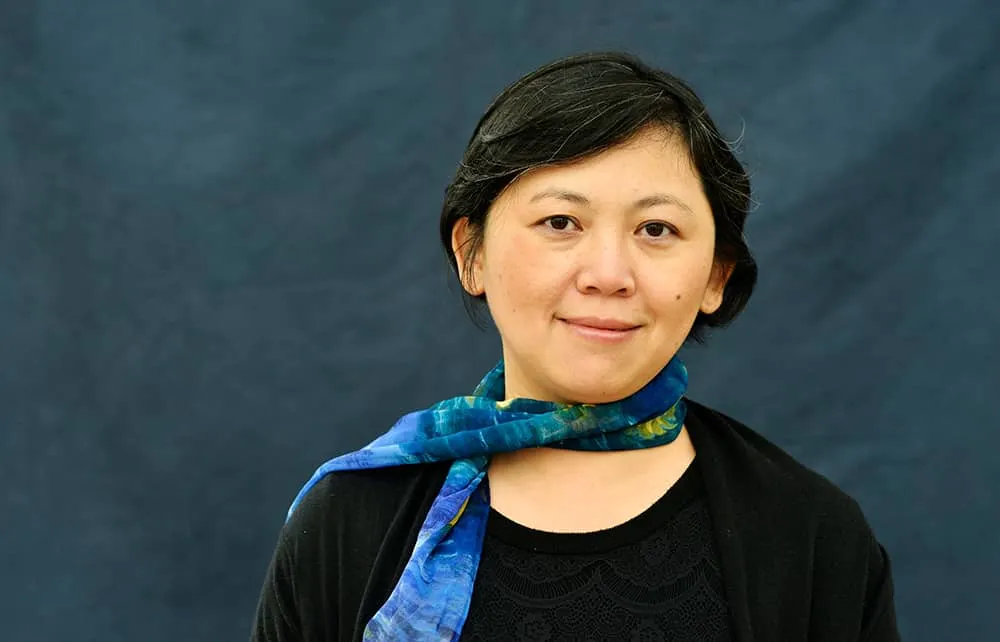As introductions go, “My name is Agnès, but that is not important” does not have quite the same confidence as “Call me Ishmael.” But there’s a reason for this. Agnès Moreau, the narrator of Yiyun Li’s disconcerting, mesmerizing fifth novel The Book of Goose, only became a storyteller by accident.
Writing from Pennsylvania, where the “French bride” Agnès raises geese, she remembers post-war rural France and her childhood in Saint Rémy. She and her friend Fabienne, avoiding other girls their age, spent their days lying among gravestones and minding cows — until Fabienne decides that they should write a book together.
Fabienne’s stories are dark — dead babies, dead children, dead animals — and the girls enlist the help of the local postmaster, M. Deveaux, to publish the volume. This is where Agnès’s accidental authorship comes in: the work appears with only her name on it, and it is she who must endure the undeserved fame of child prodigy. Press attention, a sojourn at an English boarding school and the gradual disintegration of the girls’ friendship follow.
The Book of Goose begins with the revelation that Fabienne has died in childbirth — “the same manner as her sister” — and Agnès spends much of the time railing against the fact that “half of this story is [Fabienne’s], but she is not here to tell me what I have missed.”
This conceit — a book in which one of the central characters is dead — is not new to Yiyun Li. Where Reasons End (2019) was a conversation between a mother and her son who has committed suicide, and Must I Go (2020) followed a woman as she obsessively rereads her dead lover’s diaries. But The Book of Goose is subtly different. Li is continually questioning what it means to be one of a pair, a half of a whole, a duo, even before one person has died. Despite what Agnès believed when she was younger, the girls could never be “two bodies in one.”
This is a novel of deceptions and cruelty. Agnès is a “faux prodigy,” her “big dreams” can never materialize and her life is stalked by tragedy. But within this somber mood is something brilliant. With characteristic poise, Li depicts the intricacies of ordinary lives: childhood friendship, growing up, and existences as slow as the passively “floating” geese Agnès watches. “Any experience is experience, any life a life,” writes Li. When it’s this well told, it’s impossible not to agree.
This article was originally published in The Spectator’s UK magazine. Subscribe to the World edition here.

























